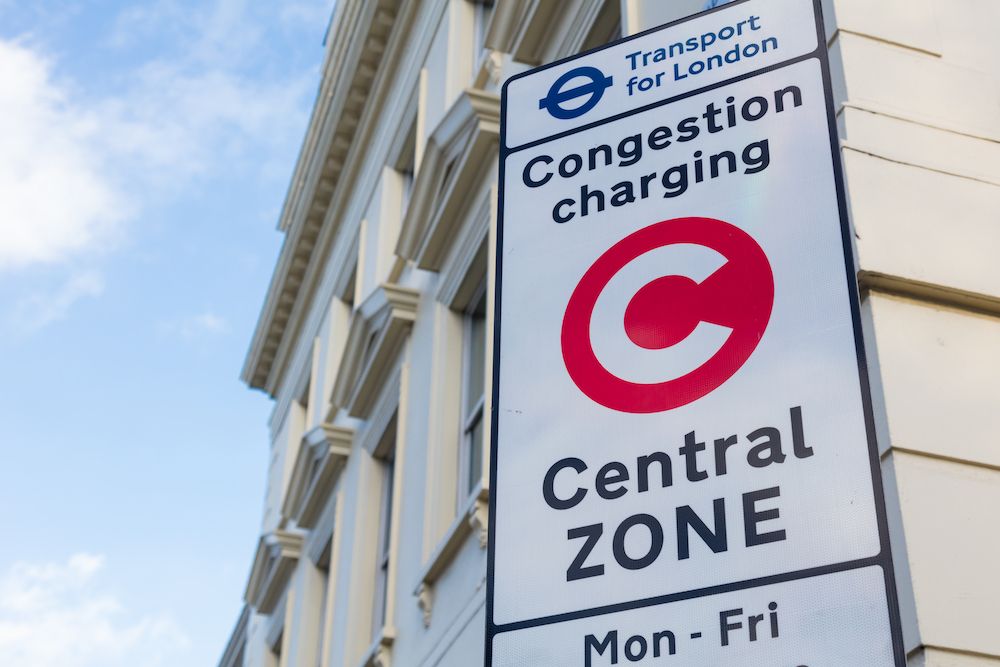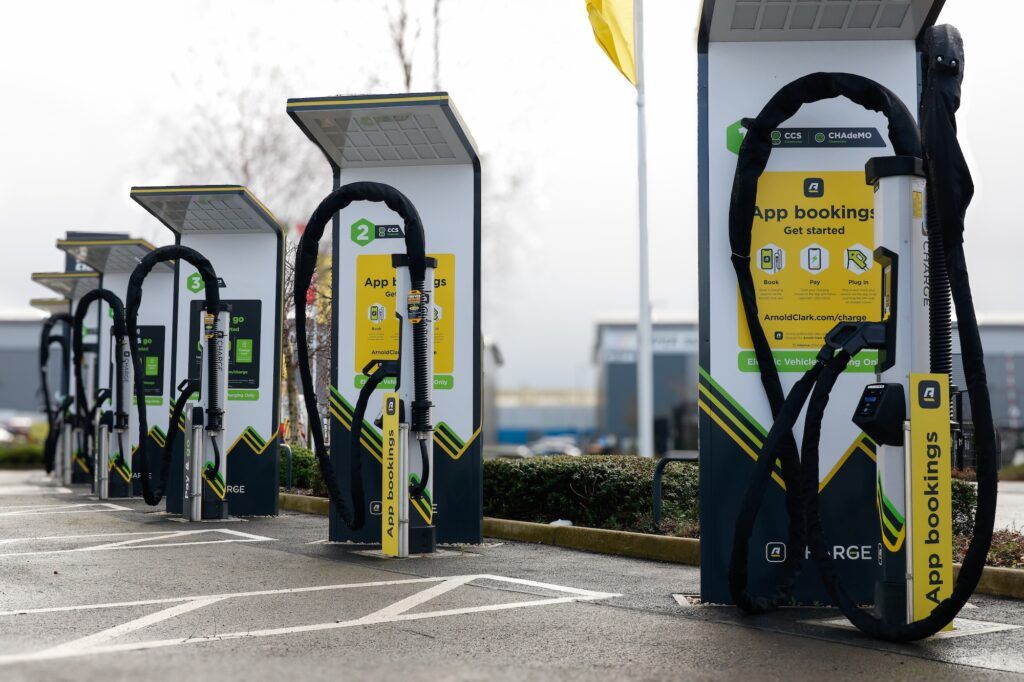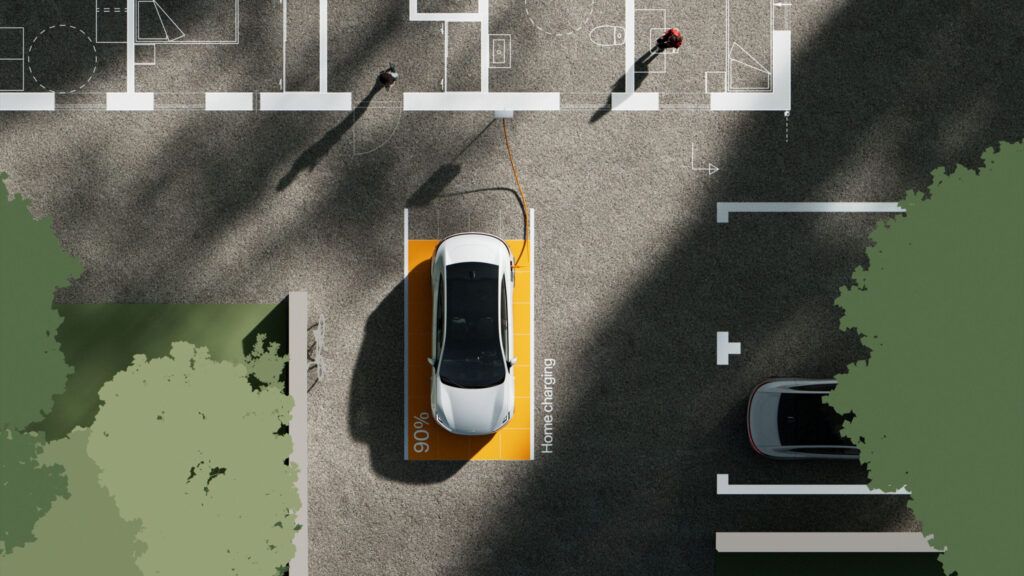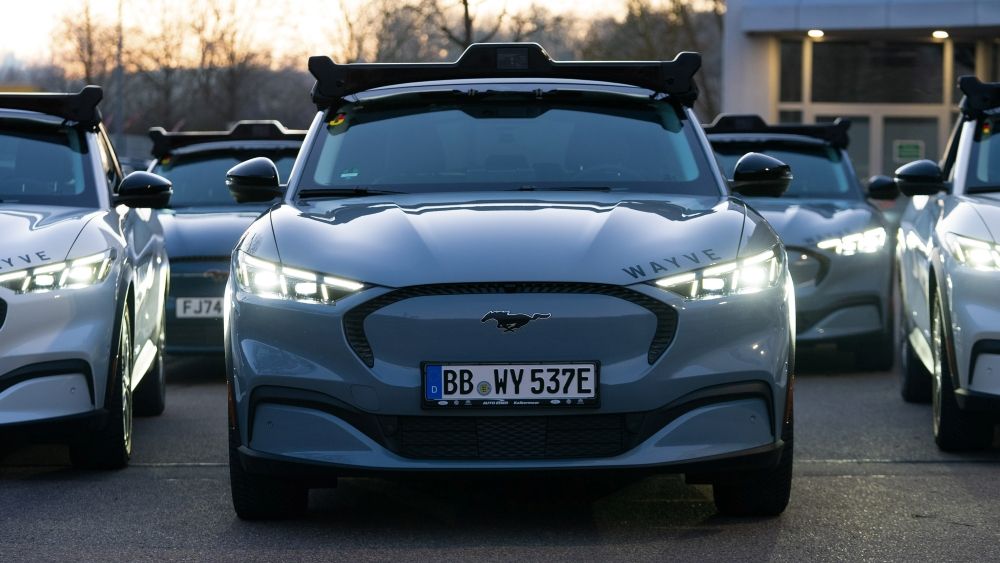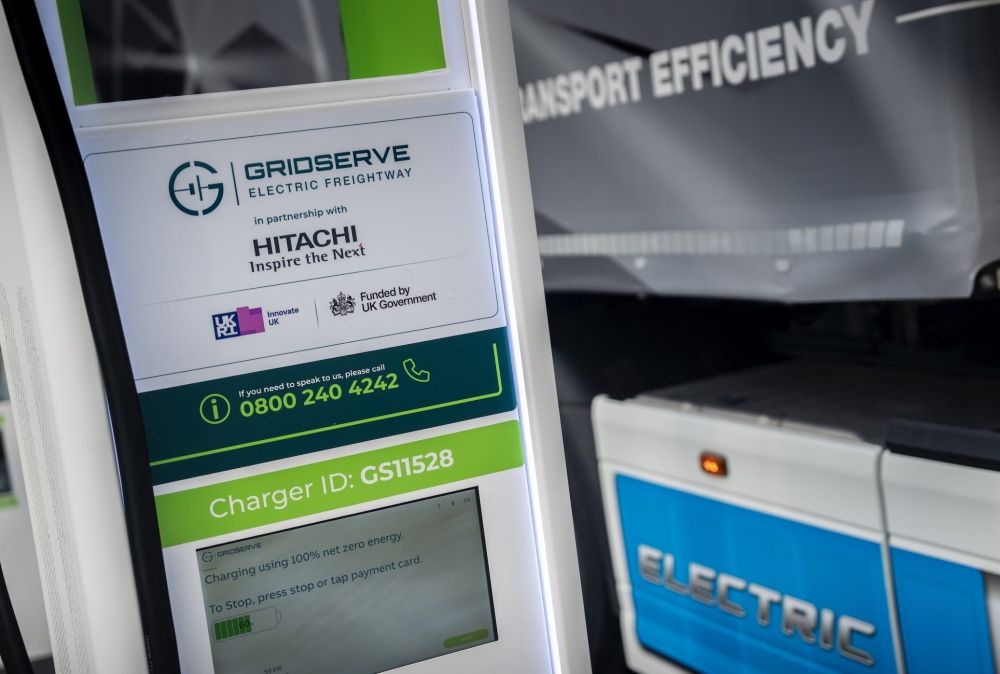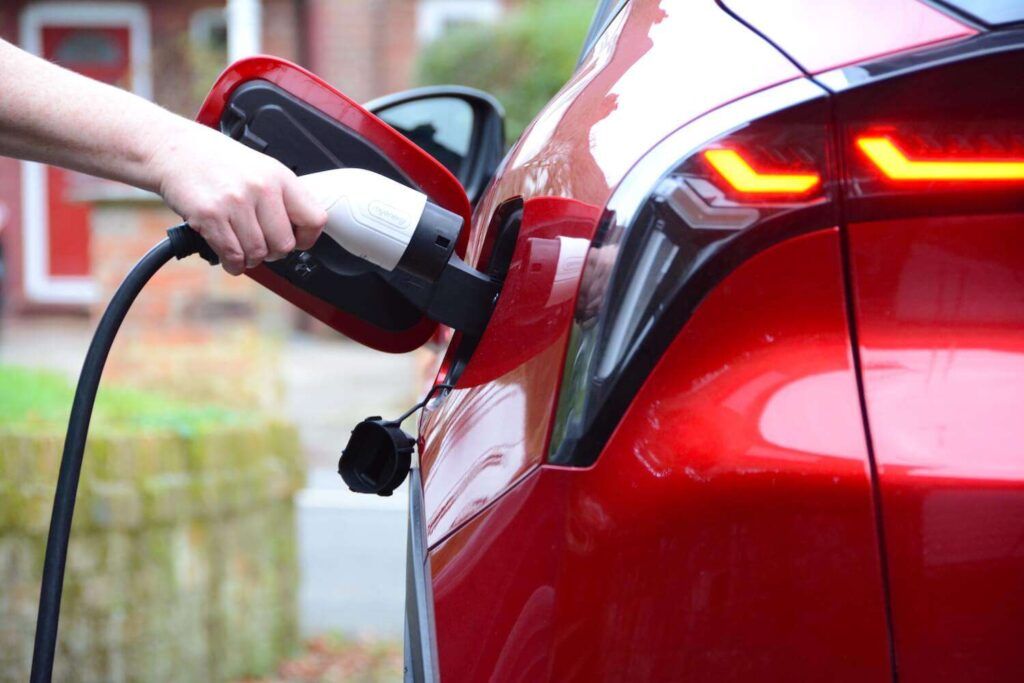The Mayor of London and Transport for London (TfL) have confirmed new Congestion Charge measures which hit electric vehicles.
The charge, which had been exempt for electric vehicles will now be applied in a first phase from January 2026 and then a second stage from March 2030.
In the first phase, the £18 charge – which is rising for all vehicles from £15 on 2 January 2026 – will see electric vans, HGVs and quadricycles paying £9 and EVs paying £13.50. From 4 March 2030, vans will pay £13.50 and EVs will pay £15.75. Electric vehicles also have to register for Auto Pay to get any discount aon the £18 flat rate.
Justifying the move, TfL said there “could be more than 2,000 additional vehicles driving during operating hours in the zone on an average weekday” and this “would undermine the benefits of the Congestion Charge, leading to more queues and delays”.
In terms of the change to residents’ discount on EVs, this will only be applicable to EVs from 1 March 2027, at 90%. In addition, there will be a 100% discount for ‘back to base’ EV car club vehicles.
Changes to the Mayor’s road user charging guidance are also being taken forward, which would allow the Congestion Charge to be increased in line with Tube fares (or inflation plus one per cent or a lower amount) without consultation.
Speaking about the move, Tom Middleditch, Sustainability spokesperson at Europcar, said it was “disappointing”.
Tom Middleditch added:
“It is yet another example of the mixed messages coming from the country’s leadership. On the one hand private motorists and businesses are being urged to make the switch to zero tailpipe emissions; on the other the incentives to make the switch are being rapidly removed although the market is still relatively immature. There seems to be a battle between clean air and revenue – and it feels like clean air is going to be the loser.”
Guy Bartlett, Believ CEO, added:
“While we’re disappointed to see the roll back of the Cleaner Vehicle Discount, which risks slowing momentum in London’s EV uptake, we remain fully committed to supporting the transition to EVs.
“Believ will continue working with partners across the capital to install reliable, accessible and convenient EV charging, helping to keep London moving towards a cleaner, greener future.”
Sadiq Khan, Mayor of London, said:
“Keeping London moving by reducing congestion is vital for our city and for our economy. While the congestion charge has been a huge success since its introduction, we must ensure it stays fit for purpose, and sticking to the status quo would see around 2,200 more vehicles using the congestion charging zone on an average weekday next year.
“We must support Londoners and businesses to use more sustainable travel, so I’m pleased that substantial incentives will remain in place for Londoners who switch to cleaner vehicles, as we work to build a greener and better London for everyone.”
Christina Calderato, TfL’s Director of Strategy, said:
“If we want to ensure that London remains a thriving city for everyone to enjoy, then it’s vital that traffic and congestion is kept under control and managed effectively. The changes to the Congestion Charging scheme play a key role in allowing us to do that, while striking a careful balance that enables drivers, businesses and other organisations to continue transitioning to cleaner vehicles and more sustainable forms of transport.”
Izzy Romilly, Sustainable Transport Manager at climate charity Possible, said:
“Tying the Congestion Charge to public transport fares is welcome. It’s only right to make sure that public transport doesn’t get disproportionately more expensive than driving. We’re also pleased to see new support for electric car clubs.
“We need to cut traffic and invest in accessible and affordable public transport, and make sure Londoners can walk, wheel and cycle safely.
“This will put us on the path to a healthier, fairer London – reducing air pollution and making the city safer for everyone.”
Jemima Hartshorn, Mums for Lungs:
“We welcome the news that the Mayor of London is increasing the cost of the congestion charge, and ensuring future rises happen in line with Tube fare rises. Almost half of London’s household don’t have a car and while tube and rail fares increase regularly, this charge hasn’t been increased for 6 years. London is still far too polluted and there are too many cars in central London causing congestion.
“Last year more than 120,000 children attended hospital struggling to breathe. Today’s announcement is another good step, and we urge the Mayor and Government to work together to clean up our air from all sources across London and the country.”




